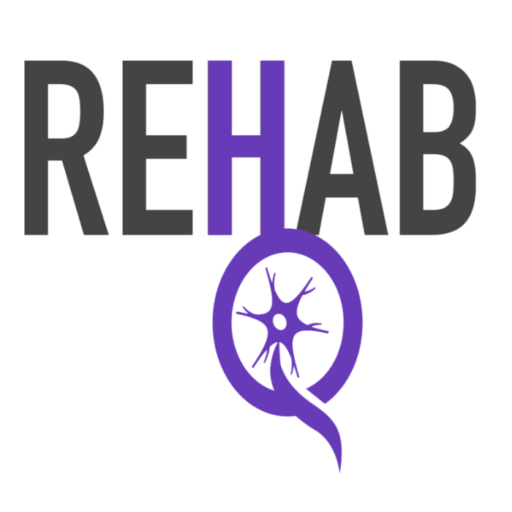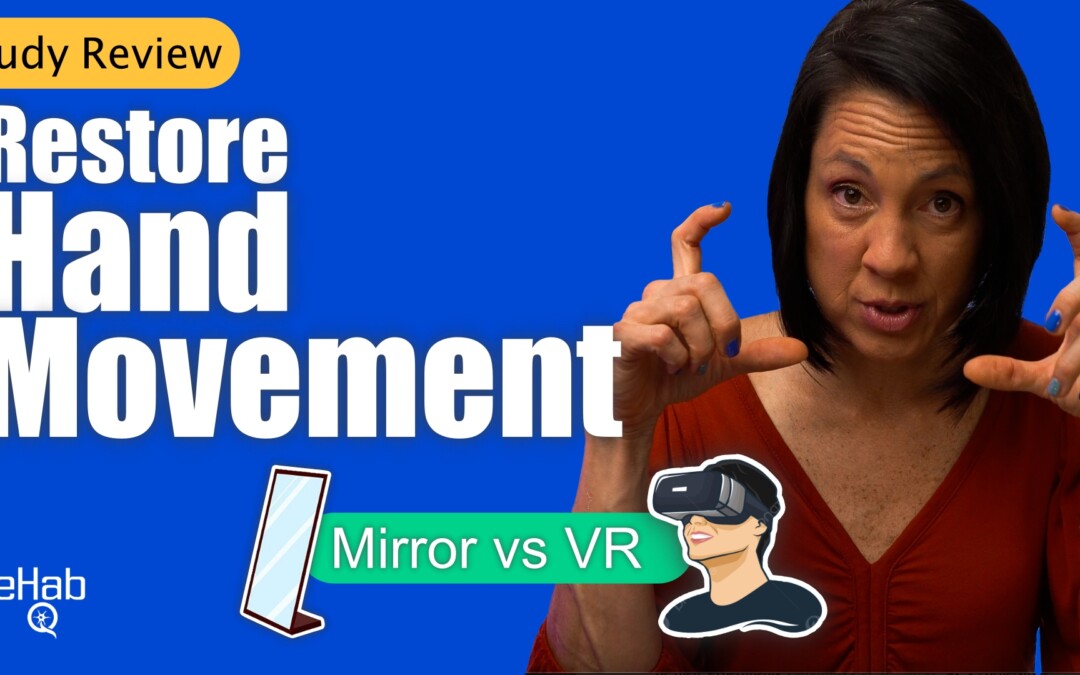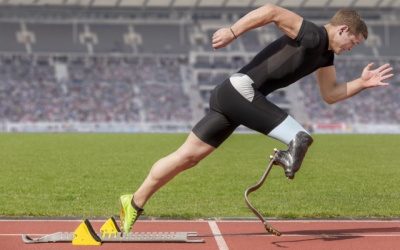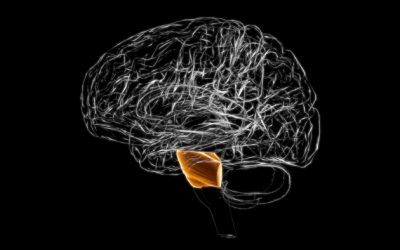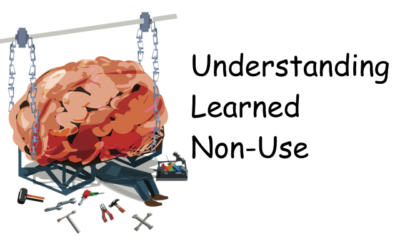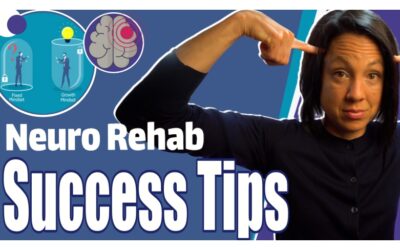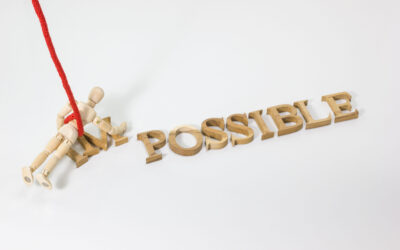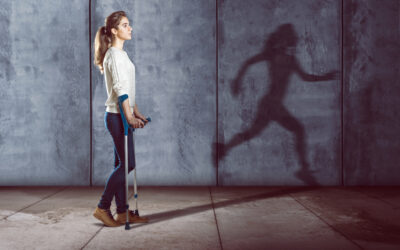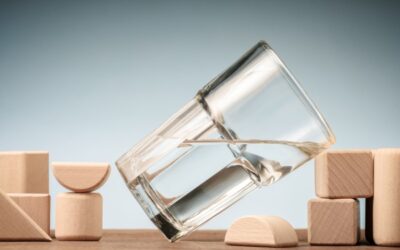Mirror Therapy & VR: Stroke Recovery for the Hand
If you’ve lost movement in your arm after a stroke, you’ve probably wondered: “Is my arm just weak, or is something deeper going on in my brain?”
That’s not because your muscles forgot how to work, it’s because the “wiring” in your brain that controls movement has been disrupted.
What Happens to the Brain After a Stroke
Normally, when you decide to move, say, to grab a coffee cup. Your brain sends messages down little “wires” (nerves) to your muscles. Your muscles move, then your brain gets feedback about where your arm is, and you adjust.
After a stroke, that wiring gets messed up. Sometimes the signal doesn’t get through at all. Other times, the message gets scrambled and your arm just doesn’t cooperate.
What Mirror Therapy Does
Mirror therapy is kind of like tricking your brain.
You put a mirror in front of your good arm so that when you move it, it looks like your weak arm is moving. And guess what? Your brain starts to believe it.
Why does this matter? Because seeing the movement actually wakes up the damaged side of your brain. It’s like giving that side of your brain a workout, even if your arm itself isn’t moving much yet.
Why It Helps
It gives your weaker side a chance to stay “in the game.”
It builds new connections in your brain (this is called neuroplasticity).
It works even if you don’t have much movement yet.
And the best part? You don’t need fancy equipment. Just a mirror and a little bit of time.
The Catch
Of course, it’s not perfect.
Some people find it weird or boring to stare at a mirror.
You can only do so many movements in a little mirror box.
It takes consistency. We’re talking daily practice, not once in a while.
That said, even with its limits, it can still be a really powerful tool.
The Future of Mirror Therapy
Researchers are now testing ways to make this idea even better. Some are using video feedback or even virtual reality to make the illusion stronger and more engaging. Imagine putting on VR goggles and seeing your weak arm move smoothly, that’s the direction things are heading.
How to Try It Yourself
- Get a mirror box or a simple mirror.
- Set aside 15–20 minutes a day.
- Move your strong arm, but watch the mirror so it looks like your weak arm is doing it.
- Stick with it. The brain needs repetition.
Final Thoughts
Recovery after stroke is never just about muscles. It’s about teaching your brain new tricks and helping it reconnect the dots. Mirror therapy might look simple, even silly, but it works because it taps into how your brain is wired.
So, if you’re stuck and feel like your recovery has stalled, this could be worth adding to your routine. Small, consistent steps really do add up.
Have you tried mirror therapy or VR exercises for your hand? Have you noticed any changes in movement or coordination? Share your experiences in our chat board where we can all learn from each other.
And if you want structured guidance, step-by-step exercises, and a full library of at-home recovery tools, check out our Rehab HQ Membership plans.
.
Articles you may be interested in
Beat the odds by starting
Everyone has the ability to be "the one" who beats the odds. And in fact, I see those people on a weekly basis. I will call these people the "outliers". Yes, defying the odds. Week after week. What is their secret? They start...... In a race, the sound of a gun...
Pontine Stroke: Everything you need to know
https://youtu.be/bynfAyJNM_8 A Pontine Stroke is commonly referred to as a pontine CVA or pontine cerebrovascular accident. It is an ischemic stroke that affects a region in the brain stem known as the pons. Not sure why this is important? The pons communicates...
The Courage To Continue….
A neurologic injury can have a dramatic impact on every aspect of life. Some lose the ability to speak, walk, hear, see, bath, groom, write, type, eat, and the list goes on. Yeah, a real “pickle”. So, the logical conclusion would be that someone in such a situation...
Understanding Learned Non-Use
https://youtu.be/iLo0j4aC44I Do you feel like you have plateaued? What I mean is, has your arm and leg movement recovery slowed to a crawl? Or maybe progress has stopped altogether? The common belief is that someone loses the ability to move because that part...
Success Tips In Neuro Rehab
I have good news and bad news. The good news is you have tons of potential for regaining more of your mobility back. The bad news is, some of you will never get there. The reality is, that some of you have gotten as far as you will ever get. And it has nothing to do...
Reframing Adversity
Is it possible to reframe adversity? And if so, what's the point? I mean, sucky situations.....well, suck. Am I right? What if I told you it didn't have to be that way? That there is a way to reframe your adversity into something more. Possibly even...
Finding your SUPERPOWER
Are you unknowingly giving away your power? I hate to admit it, but I can be guilty of this. I am quick to justify why I am not making progress toward a goal. Bad circumstances, lack of resources, not enough experience….oh, and my favorite…..genetics. My parents were...
Keep Going…..
"“I’m not going to get somewhere and say, ‘OK, I’m done.’ Success is never final; I’ll just keep on going. The same way as failure never being fatal. Just keep going. I’m going to the stars and then past them." - Connor McGregor "I'm going to the stars and then...
Miracles….”Fact” or “Fiction”?
"Miracles happen everyday. change your perception of what a miracle is and you will see them all around you." - Jon Bon Jovi Are "miracles" unjustly crucified? I know Jon Bon Jovi, might not be considered the "thought leader" of the 21st century. However, I think he...
How full is it??
"It's better to be an optimist who is sometimes wrong than a pessimist who is always right." -Unknown There is so much about the brain that we don't know. With that said, we know even less when it comes to an "injured brain". The good news is that we are learning...
